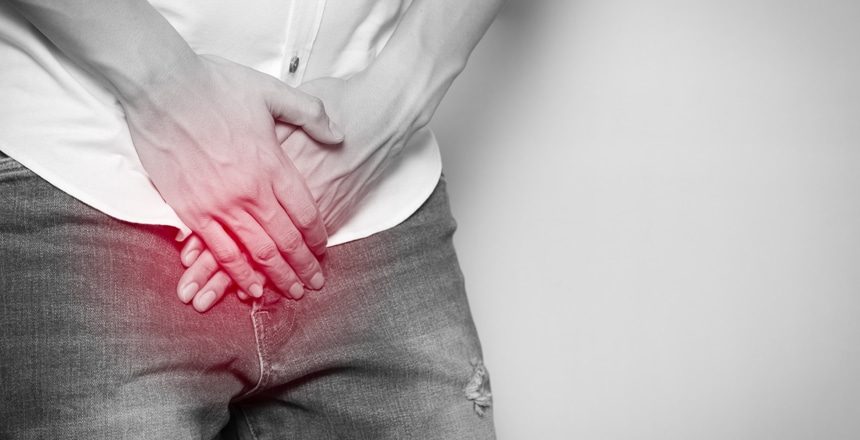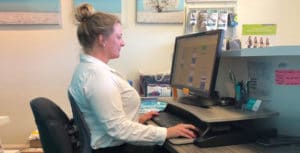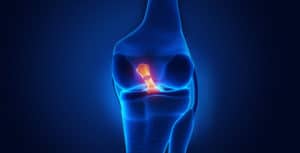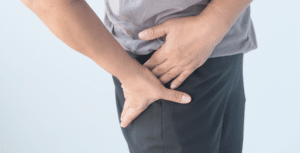Urinary incontinence means the loss of urine. Stress Urinary Incontinence (SUI) is the loss of urine from an activity that increases pressure in the abdomen and pelvis eg. sneezing, coughing, laughing, running, hopping, skipping etc. Whereas, Urgency Urinary Incontinence (UUI) is the loss of urine when rushing to the toilet due to a trigger in the brain eg. running water, a key in the door, driving home, getting off a train etc.
A thorough assessment with a women’s health physio is ideal to determine which UI you may have. The assessment will check for any existing pelvic organ prolapse, assess the strength of your pelvic floor muscles and also assess the rest of the body as there may be increased pressure posturally coming from your neck or thoracic spine, which will evidently put more pressure down into your pelvis.
How to manage SUI?
- If there is an existing pelvic organ prolapse, a pessary may be inserted to support the prolapse and provide a better backstop against an increase in pressure such as coughing/sneezing (women’s health physio can assess and fit pessaries)
- Strengthen pelvic floor muscles
- Decrease any pressure above the pelvis, that is, in the neck, thorax and ribs contributing to the incontinence
- Strengthen the body as a whole to support the pelvic floor
How to manage UUI?
- Women’s health physio may ask for a 24 hour bladder diary to understand the behaviour of your bladder
- Strategies to manage the urgency such as pelvic floor contractions, brain distraction doing a math’s equation, pressure on your perineum, do calf raises
- Utilising a TENs machine for specific nerves to suppress the neural message
5 TIPS for Healthy Bladder Habbits
- Don’t go just in-case.
- Try to defer going to the toilet.
- Take your time to empty completely. Relax when you are on the toilet.
- Try to sit rather than hover over the toilet.
- Keep your pelvic floor muscles strong. Do regular pelvic floor exercises.





